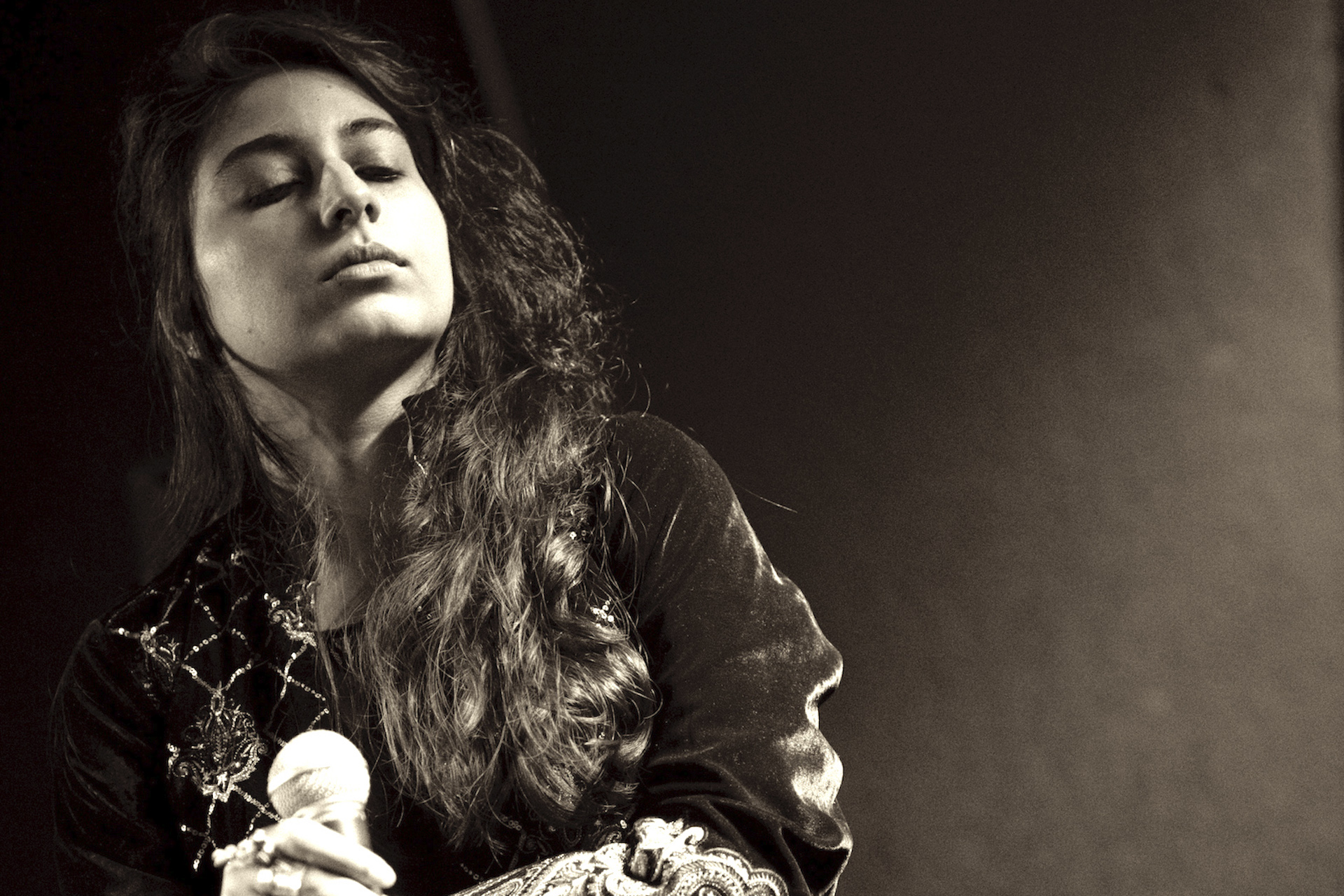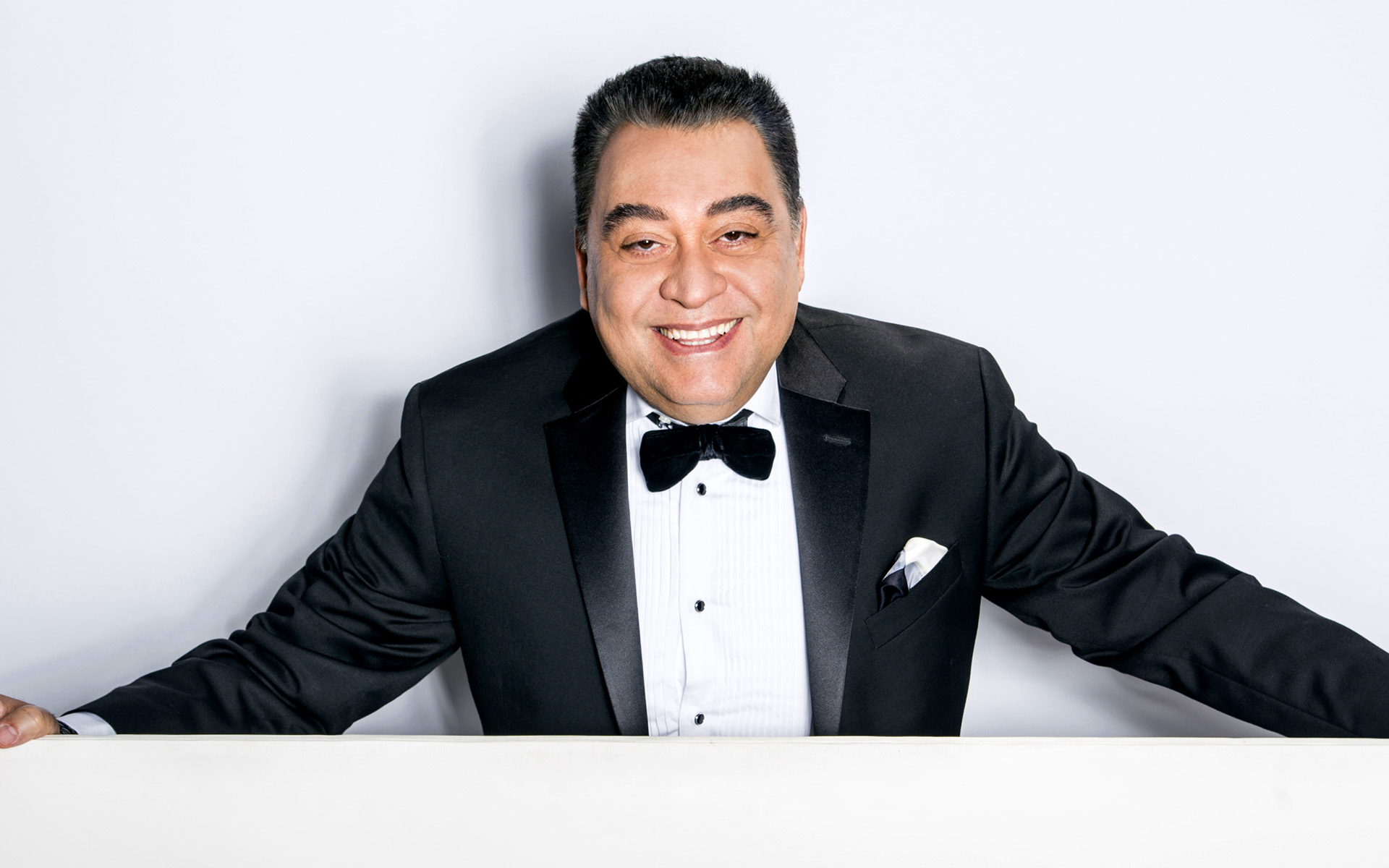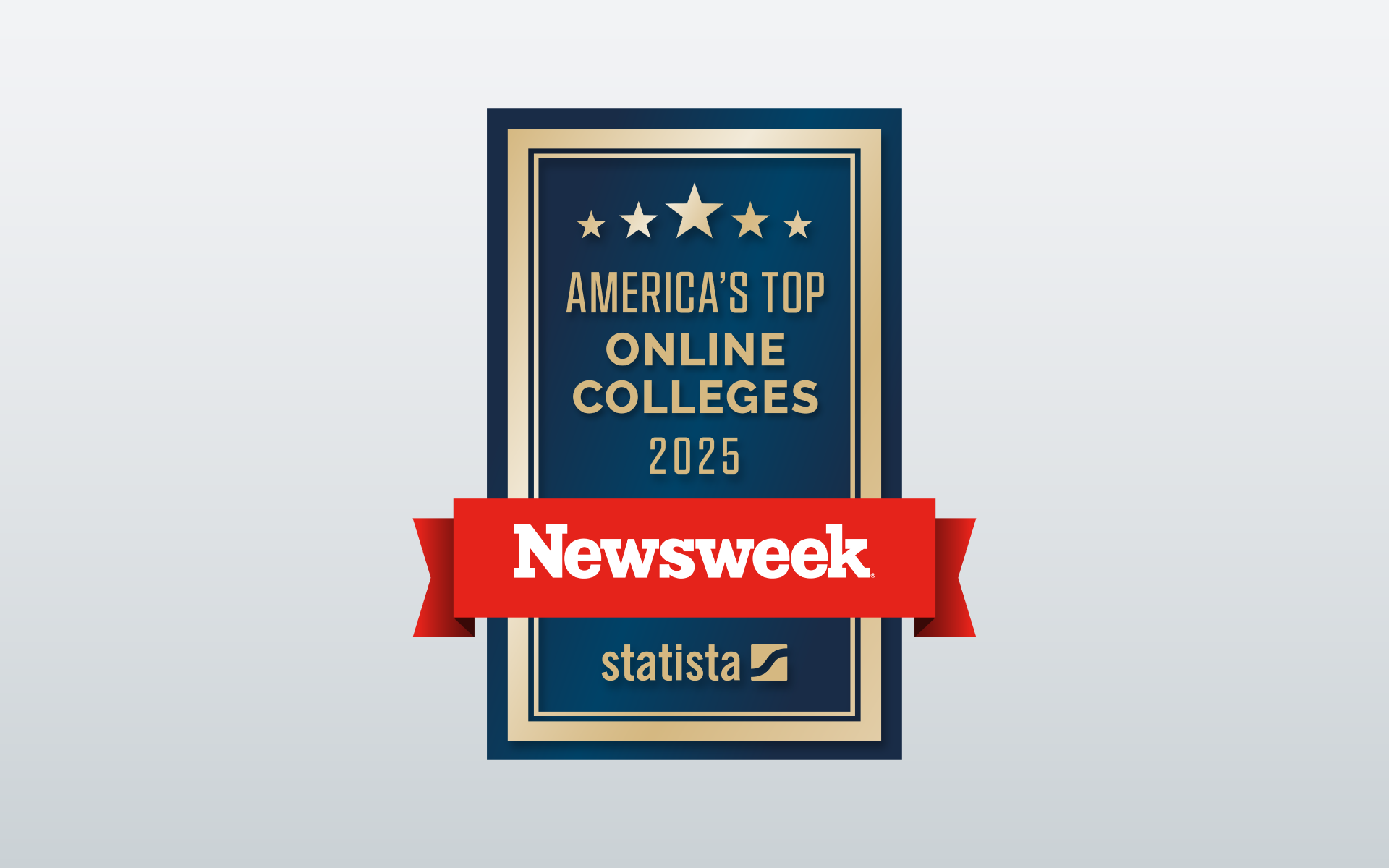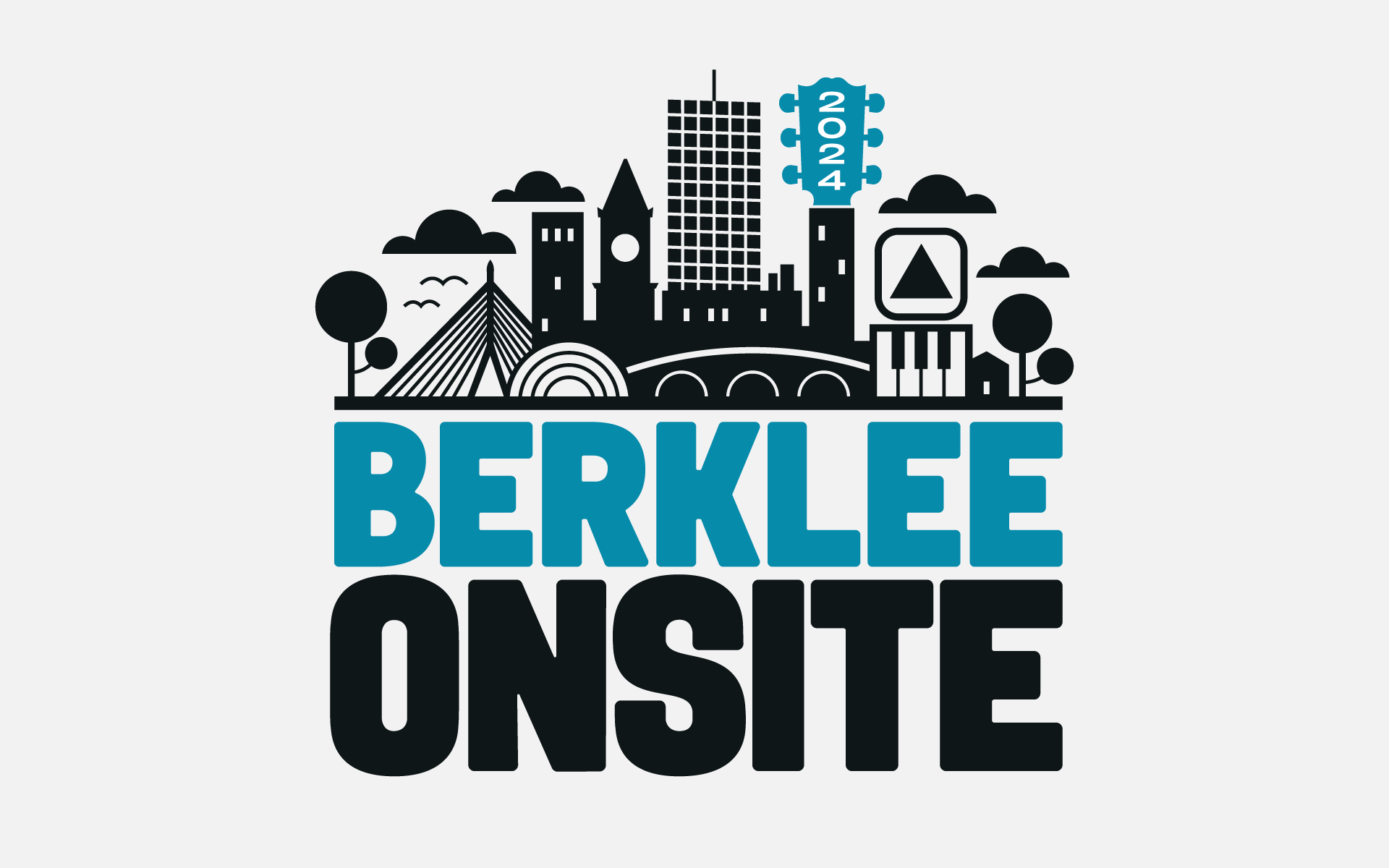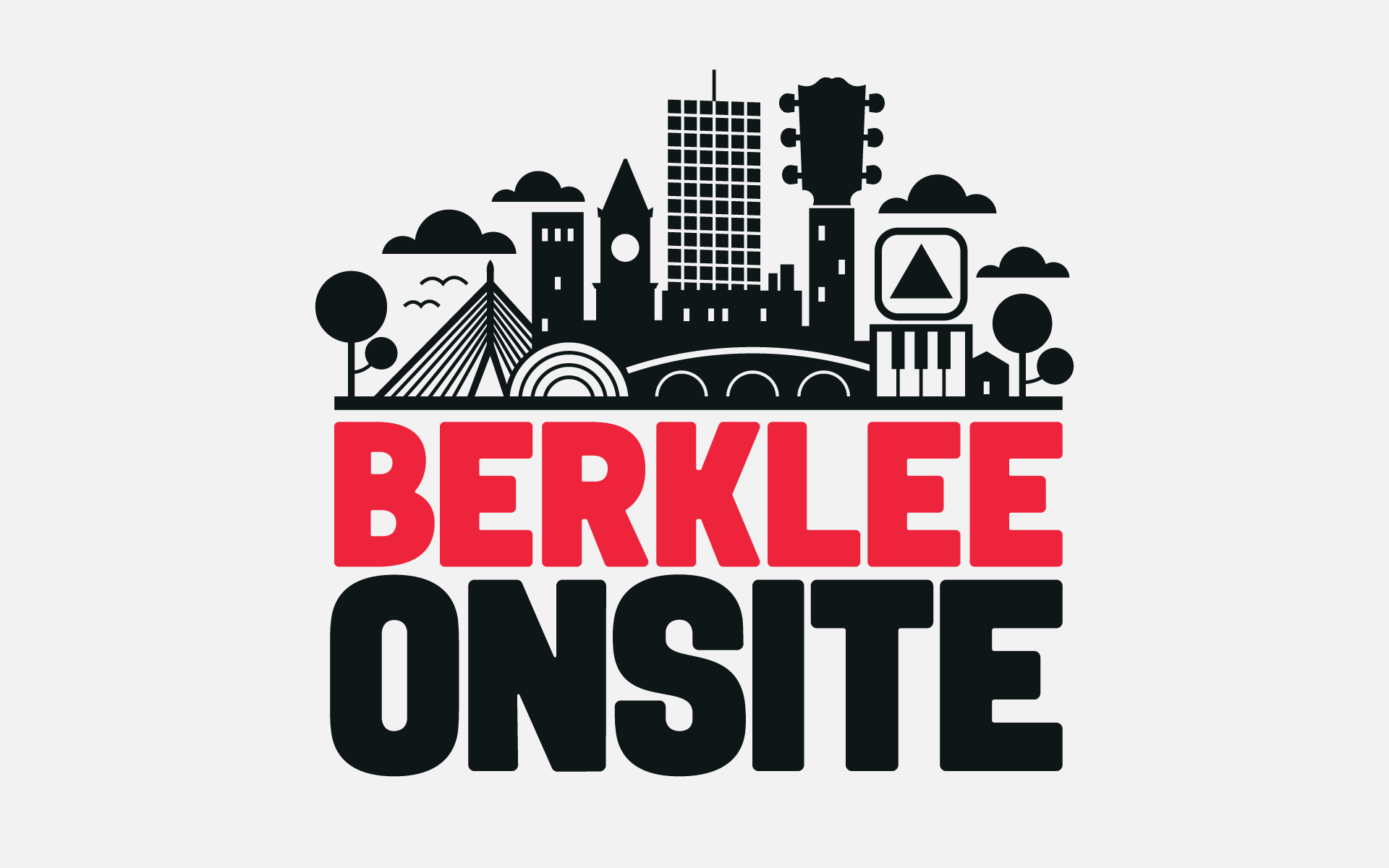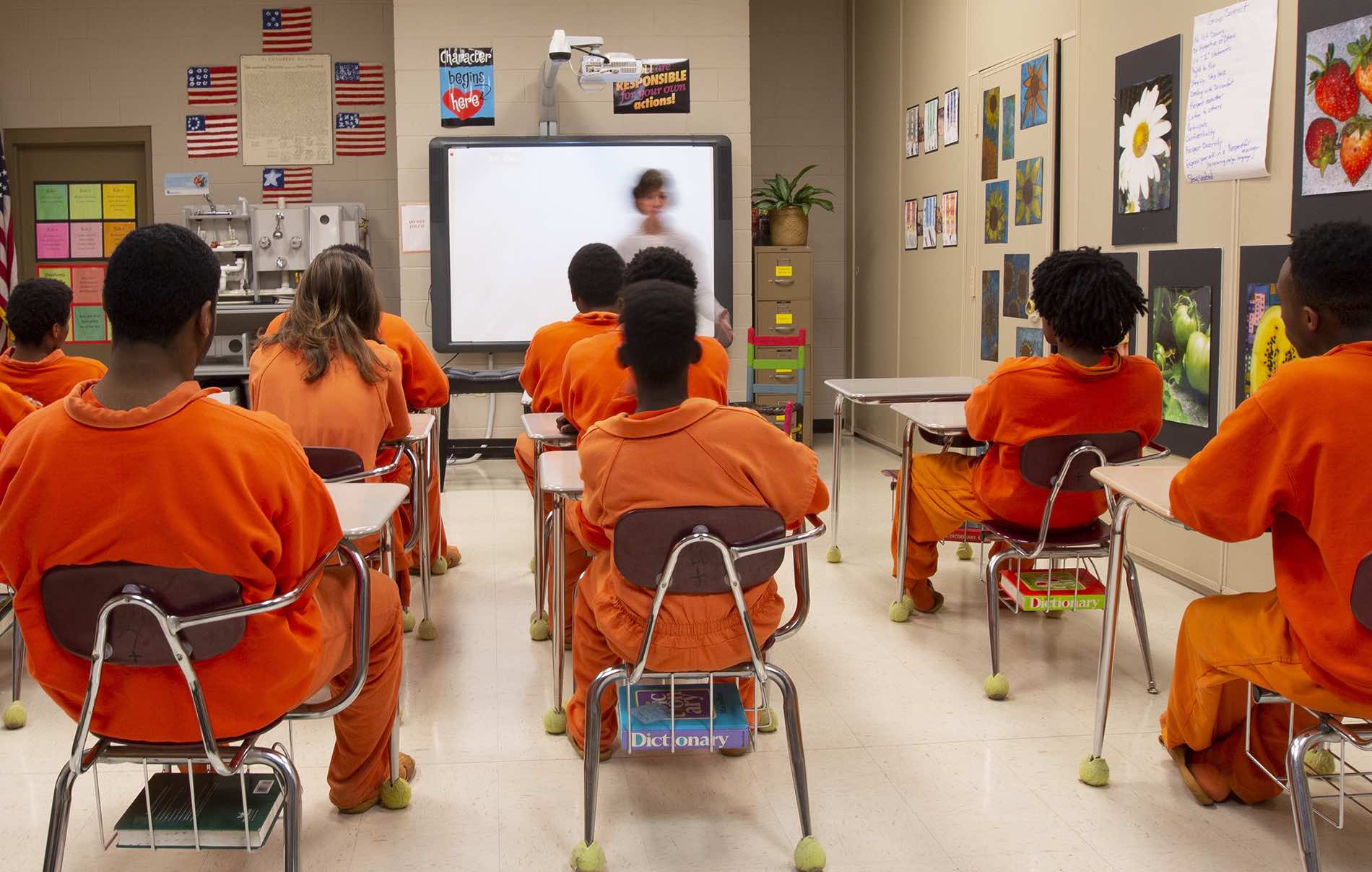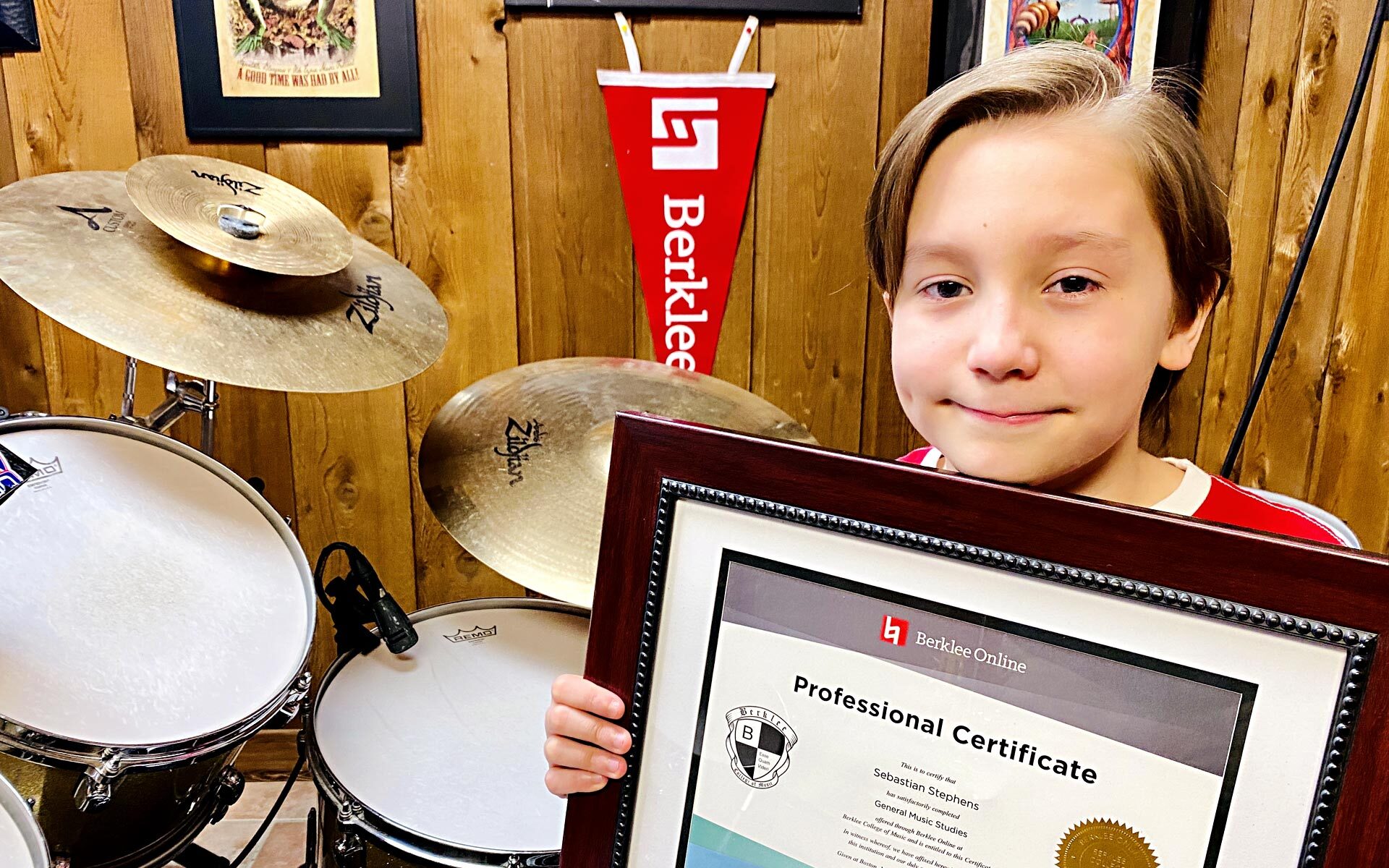Eleazar Mora worked as a mechanical engineer for three decades before pivoting to a full-time career in music. Known by his fans as “The Latin Tenor,” his blend of traditional Latin music with Venezuelan jazz and classic pop-opera has helped him amass more than 1 million followers on social media. He credits his experience studying with Berklee Online for helping him maintain the business side of his music career.
Born in Caracas, Venezuela, Eleazar says he was always tapped into the local music scene, even while pursuing a formal education in engineering. Shortly after Eleazar moved to the US in 2014, he began to make waves in the music scene in Miami, Florida. He says he was always aware of his tenor singing talent and his passion for Latin music led him to believe that it’s never too late to follow your dream.
Eleazar has released eight albums since 2016, and is a Grammy- and Latin Grammy-voting member. Earning his Master of Arts in Music Business from Berklee Online in 2023, Eleazar has expanded his entrepreneurial skills as a musician. In this interview he discussed his learning mindset and sheds light on how he was able to achieve such success in the modern landscape of music.
This Q&A was facilitated by Academic Advisors Freesia Towle and Eric Zawada, with support from Eleazar Mora’s Academic Advisor, Michelle Miller. The interview, done as part of Berklee Online’s Career Strategy Series, has been condensed and edited for clarity. The full video is available above. View the highlights below.
In the early stages of your musical career, what did you do to put yourself out there?What was your foot-in-the-door moment that led you to where you are now?And how did you build upon that and gain momentum?
Since the beginning, I have had some big failures. But I never gave up. For instance, I can tell you a story from my career: When I was recording my first album, I was in the studio and it was a disaster, a total disaster. The producer pulled me aside and told me, “Why don’t you stick with the engineering? That, you are successful and good at. … You are good to sing in parties where the people are talking and drinking, but you are not as good as a professional.” Instead of giving up, I hired a singing teacher, and after one-and-a-half years of having classes every day I finally released the album. I went to the office of the producer and showed him my album. This guy was in shock. He didn’t believe I’d achieve the album and he was terrified, because he sold my music to other people. He didn’t realize that I was able to produce that album. That’s one of the stories that I can tell you. Sometimes you have failures, but I think the failures give you more energy to go forward than to give up.
At Berklee Online, there has to be a certain level of self-motivation and self-discipline in order to stay focused, especially as an online student. So in many ways it’s similar to having to put yourself out there independently and being self-motivated and being self-disciplined. It’s about doing all of this in addition to being entrepreneurial and being a musician. I’m wondering how your experience enrolling in a Berklee Online degree program related to or mirrored the initiative that you had to take within the music industry.
This master’s degree for me was a big challenge. First, because I went many years without studying. Also I never studied a course online. What I recommend to the new students is that they should have self-discipline, especially at the beginning of the [degree program]. Because in the middle [you will be accustomed to it] and you will be successful in the [program]. I also recommend [making time for coursework over the] weekend if the deliverables of the assignment are due on a Sunday.
A recommendation that I give to new students is to not miss the Live Class sessions. Because if you make the habit to read the lesson before the Live Class, you can ask the professor for tips about the assignment, and that will make you more successful and save you more time.
What would you tell a Berklee Online student who currently feels stuck in where their career path is taking them? Or what would you tell somebody who is doubting themself? Have you ever found yourself having those moments of self-reflection? If so, what did you do to get yourself unstuck?
I always have doubts. And I think it’s good to have doubts because you end up doing a constant evaluation of your goals and [ask yourself] if you are right in the chosen path. For instance, there were many steps in the master’s [program] where I asked myself: “Okay, now what?”
Or even after [I had completed] the master’s [degree]. What I can assure everyone is that you are doing the best studying that you have to do. I, of course, had so many doubts during the master’s [program], but in the industry right now, Berklee is recognized as one of the best music colleges in the world, and you feel that. When you go to any studio or concert, and people know that you graduated from Berklee, they recognize it as excellence in music education. It’s a name that rings to a lot of people. I remember one of the former Commencement speakers saying “you know, anytime a résumé comes across the desk and Berklee is included, that gets people’s foot in the door just from that alone.”
One thing we’re curious about, Eleazar, is your social media strategy, as you’ve had such success with a million followers on Instagram. We’d love to hear more about how you built that and how you developed a social media strategy to get such engagement, as we know that social media is now one of the most influential self-publishing platforms for musicians and entrepreneurs.
My team has been working with Instagram for a while. We had many advisors that told us to post every day. Some of them told us to post maybe three or four times a day. We chose the way to replace the quantity for the quality. If you see our posts you can see that we have a more elaborate set of content, so the people can actually get something out of the content. Also one of the strategies that we follow is that I always have a business card with a USB drive inside, with my music and the QR code [to promote my work on social media]. What also helps is to not miss any reunion or, for instance, the Berklee Onsite, the Grammy meeting, the ASCAP meetings. Don’t miss [in-person networking events]. You should be there to share your social media with your colleagues and/or your public. Next year our strategy will be more aggressive. We are hiring some technicians to give our posts more specialized content. Right now we are doing everything in Spanish, but we have the goal to address the US market and the Japanese market. As we know, Japan has a very good preference for the music that we are producing.
We know you’re also in the process of working on a new album. Do you have any tips around the promotion that you’re going to be doing for that? Any tips on how other folks from the Berklee Online community can do the same?
When I started my career, I thought that the production and the material were the biggest and most important thing in the industry. I wanted the best part to be the production. But we artists don’t always have a clear view that we are following. If you spend, let’s say, $80,000 on a production, and you have only $100,000 to spend on everything, it means that you will spend $20,000 on advertising. But, in my experience, the budget of production and advertising should be the same, and sometimes, the advertising budget is even bigger than production. It’s true that when a product is good, it’s good without any discussion. But how do you know your production is good? By advertising it. You should let the world know of your work. If not, then nothing happens. For instance, I have seen many big productions that did not result in any Grammys. Yet, there’s this production from two or three years ago (I don’t want to say the name of the artist) where some of the instruments were out of tune. And that production won the Grammy, because the advertising was massive. They sent letters to the voting members or they invited them to parties, and they used the advertising and the politics well. We, the artists, have to consider that politics and advertising is a big part of our production.
Right now we are splitting our advertising budget in a year. In this new production, we are very good. We already have 80,000 views on YouTube, and more than 140,000 streams on Spotify in countries like Colombia and Venezuela. In Panama we are at the first place in radio (in traditional music). We are satisfied. In only four weeks, to have this achievement. … I think that’s the way to do it. Save money for advertising. That’s my advice.
On a related note, how did you initially define success when you were younger? You mentioned you pivoted from a very different career path and then ended up becoming a professional musician. Now that you’re sitting from where you are right now, how has your definition of success changed?
When I was young, my definition of success was the quantity of money that I can earn or have. Or if I can get more followers, or fans. But right now, I define success like: Do what you want, whenever you want. In other words, if you want to record opera, do that. If you want to record folk, do it. You want to go to a big venue, or if you want to perform in a bar; you can do it. Do what you want to do. I think that this success [is] the freedom to do what we want to do.
For instance, right now … I don’t know if in the United States it’s the same, but here in Latin America many people call an artist to do a performance at, let’s say, some kind of festival that is to the benefit of immigrants, and they say, “no, because the performance is for the benefit of immigrants, you should perform for free.” I am totally against that, because my experience tells me that when you do a performance or place for free, you will be “a free artist.” And when those people have money to hire an artist, they will never think of you—because they can get you free! For instance, in the air conditioning industry, I can give you a discount for some equipment, but I cannot give you the equipment for free. I think it’s the same with music, and we [as] the artists, we have to have more self-value of our music. We have to put inside that we spend time, money, resources; everything. We cannot play for free.
I’m curious to hear more about how you’ve stayed true to yourself as an artist. It’s tough because there’s the music that you want to make, and then there’s also what you’re finding success in, what’s selling. How do you bridge that gap; what is your process of saying true to who you are as an artist while at the same time also paying attention to what is successful?
It’s better if you hire someone; an arts manager, booking agent, or another person. [They can] tell the other people your abilities. Because artists are not always the right people to do that. We, the artists, are thinking in different [ways] than business [people]. We are on another road of the highway. I recommend to all artists, when possible; hire some manager, or booking agent, or a [sibling], or family to do the job, who is with the business, and you, [are] a part of that. I have to confess, for me it’s difficult as a businessman to be away from business. But sometimes, we should do that, because of the feeling of the artist. Or maybe, I can negotiate a sale of something good more easily than [I can] negotiate my own product. That’s my recommendation. … To actually make a living off of your art and also knowing how to maybe if you can’t afford hiring your own booking agent or a manager being resourceful, like who are people in your community that you can … collaborate with, so that you can stay true to yourself as an artist. Have people that you trust give you that feedback but then also brainstorm ways to come up with a business.
Have you ever used Berklee’s Career Center?
Yes, I used it several times and I recommend it highly. I have to confess, I had no idea how to prepare a résumé, with new techniques and new trends. If you want to try to find the right internship or job for you, it’s good to [use] Berklee’s Career Center as a resource.
How much of a DIY artist were you at the beginning and at what point did your career allow you to have more of a team with you?
The continuous work sometimes gives you the tools to get something real close to do that.My team of business in Venezuela, they don’t have much work because of the economic situation. So we decided that the same people who can help me with accounting in Venezuela or in my original business can now help me here. You know that the artist cannot do everything. If you are going to a session, sometimes you start at 10 in the morning and finish at 2 AM the next day. During that time, you cannot be looking at your social media or looking at the statistics of your YouTube or Spotify. So you need somebody to help you. And as I told you, you don’t have to formally hire somebody—you can [ask someone in] your [community], brother, your family, your mother [to help].
Any closing thoughts?
Sometimes people will give you advice and tell you what to do. You have to decide when to take the advice, and when to not take the advice.
It’s not easy to follow advice, because you have in your mind how your music or your performance can sound. For instance, if you played Bach or Chopin, there are certain rules that come with them. But even with these rules, you can do something different. You, as a musician, have the ability to improve the result, or put your personal touch in the performance.
Nobody succeeds doing the same thing in the same way that others do. Take note of that. The people in history who were rewarded were those who were doing the same things, but in a different manner.
What I can recommend is—not only for the people who are studying art—to follow your feelings and be persistent. The continuous work will always have a reward.




